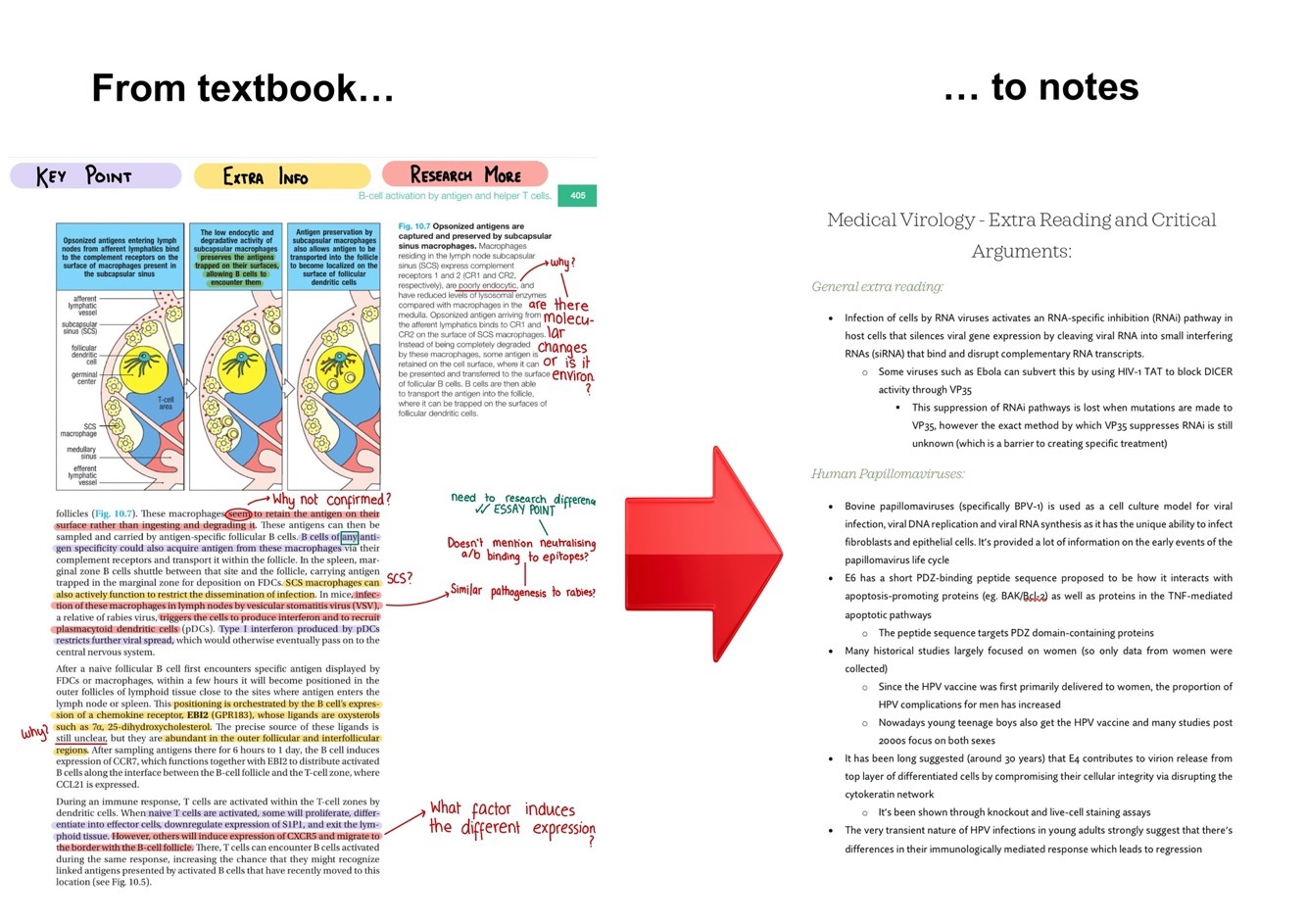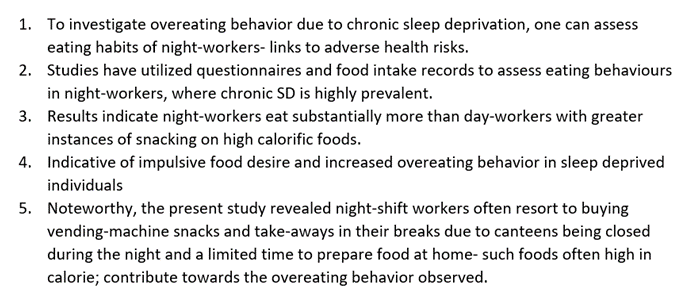 by Tiegan Bingham-Roberts, Bristol Futures Advocate
by Tiegan Bingham-Roberts, Bristol Futures Advocate
If you are in the Faculty of Arts like me, it is likely that you have an upcoming Reading Week! For most Arts students this is Monday 1st – Friday 5th March, although some of you may have a different date range. I hope this blog will be useful ahead of Reading Week to inspire some activities you can do in order to stay productive and make the most of this time. So, here are my are my tips below:
(R)EADING: the clue is in the name, catch-up on reading!
If you didn’t quite manage to finish one or more of the texts you have studied so far in TB2, now is the time to set aside some time to finish them. Or, if you have an upcoming text that is quite long and will require a big chunk of time to read, you can use this week to get ahead and at least start reading that text. As a final year English student myself, there is usually always one ‘long’ text per Unit each term that is significantly longer than most of the others (remembering George Eliot’s Middlemarch from my second year here…) and Reading Week is a great time to tackle these head on.
(E)NHANCE: enhance your Study Skills by attending sessions and creating a study schedule
Now that you will be aware of roughly how much time it takes you to prepare for all your TB2 Unit seminars each week, how long it takes you to watch the pre-recorded lecture materials (be realistic – with pausing to take notes or skipping back to hear something you weren’t paying attention to for a few seconds – can make a 30 minute recording take 45 minutes!), and how long it takes you to do your readings for each week, you can set aside some time to create a study schedule. I personally find that writing into my diary/calendar a specific day and time to watch lectures, as if they were live sessions, to be really helpful. I also write into my diary/calendar when I am going to complete the preparation for all of my seminars, by paying attention to my usual working patterns and when I am at my most productive and energised to study. If you would like any advice on creating a study schedule that will set you up for success in the latter half of TB2, you can book into a 1-1 tutorial or drop-in session with the Study Skills team here.
(A)NALYSE: analyse your feedback from TB1 assessments to spot common areas to improve on for TB2 assessments
You are likely to have received some if not all of your feedback from TB1 assessments by the start of your Reading Week, so it is a great time to look over that feedback again in an impartial way now that you have had time to digest the grade itself. This is a task that you often do not have time for when in the throws of writing a piece of academic writing or doing academic research – it feels like a waste of time to look back to past essays when you have so many future deadlines! However, Reading Week gives you the time to do this, and it can seriously improve your prospects of getting higher grades in TB2 because you can make specific changes and improvements. My other blog post, about using feedback effectively and building academic resilience, can be found here if you are interested to read more about this.
(D)ECIDE: get ahead on TB2 assessments by deciding on your interest areas
Check the ‘’assessment information’’ tab on the Blackboard pages for your TB2 units, to see whether your tutor has uploaded their essay questions document. They will probably have done this by Reading Week, because deciding on an essay avenue to explore in the latter half of the term is quite a common task for students to undertake during Reading Week. Even if you are not sure on the text, concept, event, framework, or author/scholar you want to write on, perhaps you haven’t studied the one that looks the most interesting to you yet, you will have a vague idea about what interests you and excites you when looking at the reading list. It’s also a good time to start thinking whether any of the tutors’ questions sound interesting to you or whether you want to devise your own question.
(I)NVITE: send some Zoom social invitations to your friends or coursemates
Now we move on to the personal side of Reading Week rather than all of the academic things. It is important to use this break productively, of course, but it is just as important to enjoy yourselves and do things that you don’t manage to find the time for whilst participating in normal teaching weeks. One of these things might be to catch-up with your friends or coursemates. At the moment in Bristol, with national lockdown restrictions, it is difficult to meet up in-person due to the rules apart from if you have a support bubble or are meeting one person for socially distanced exercise. Considering this, Zoom meetings (or similar platforms) may be the most practical way of catching up. You could organise a quiz (throwback to lockdown number one…), have a dinner date, have an afternoon tea meeting, have a cooking/baking session, host a watch party, and more!
(N)OTHING: set aside time to do nothing, to rest and relax!
All of the above activities are useful and involve actively doing something – but please so set aside time to do nothing. It can feel aimless to think of doing ‘nothing’, so you can make this more distinct by choosing a specific day of the Reading Week which you will spend doing whatever you like, whether it is sleeping in all day, watching Netflix, having a pamper session, going for a long walk to a place you want to explore, having a killer workout session, listening to loud music, doing some online shopping, etc. Reading Weeks are designed to offer extra time for being productive as well as resting, relaxing, and rejuvenating. Letting yourself get burned out is never fun, so do something that will help to prevent this and allow you have consistent energy levels in the latter half of TB2.
(G)ET ORGANISED: clean and tidy your bedroom and organise your notes
Tidy space = tidy mind. During the chaos of the teaching weeks and the exhaustion of getting back into the swing of things since Winter Break, especially since TB2 started so soon after January assessments for many of us, you may not have spent much time on cleaning, tidying, and organising. Personally, I find having a clean house (albeit difficult to maintain in student accommodation!) makes me feel a lot more comfortable to work in productively. I also find that organising all of the random pieces of paper, receipts, letters, returns labels, that I have somehow accumulated over a month or so to help clear my mind. When you know that your room is tidy and contains nothing that doesn’t belong in there, it is usually a more attractive space to use. Reading Week is not only about replenishing your mind, you can also replenish the physical area around you.
Finally, thank you for reading, and have a great week! Do you have any other suggestions for How to Make the Most of your Reading Week? Feel free to share them in the comments section.

 by Eliana Garcia, Mechanical and Electrical Engineering student and Bristol Futures Advocate
by Eliana Garcia, Mechanical and Electrical Engineering student and Bristol Futures Advocate
 by Helen March, English and History student and Bristol Futures Advocate
by Helen March, English and History student and Bristol Futures Advocate by Jasmin Rahman, Cellular and Molecular Medicine student and Bristol Futures Advocate
by Jasmin Rahman, Cellular and Molecular Medicine student and Bristol Futures Advocate

 by Breanna Goff, Psychology student and Bristol Futures Advocate
by Breanna Goff, Psychology student and Bristol Futures Advocate

